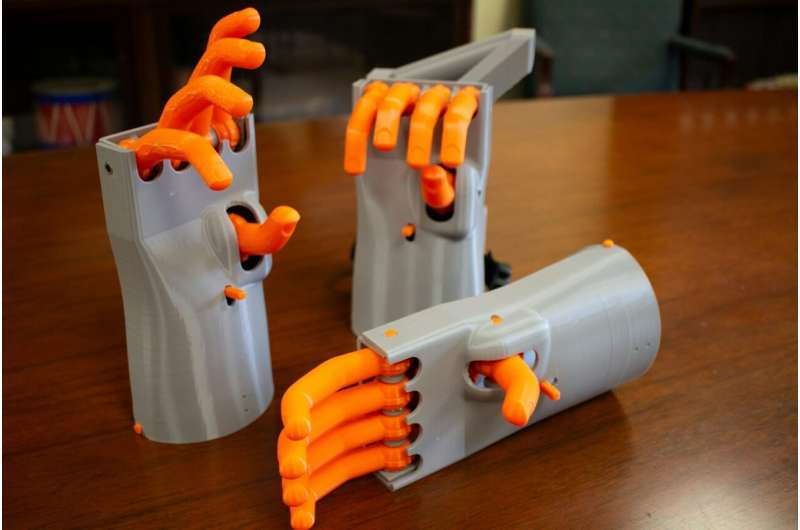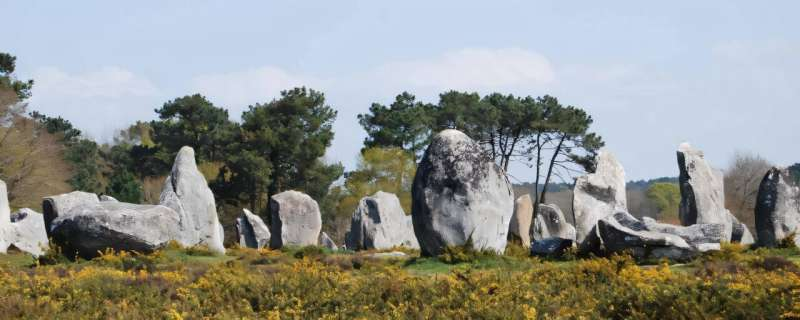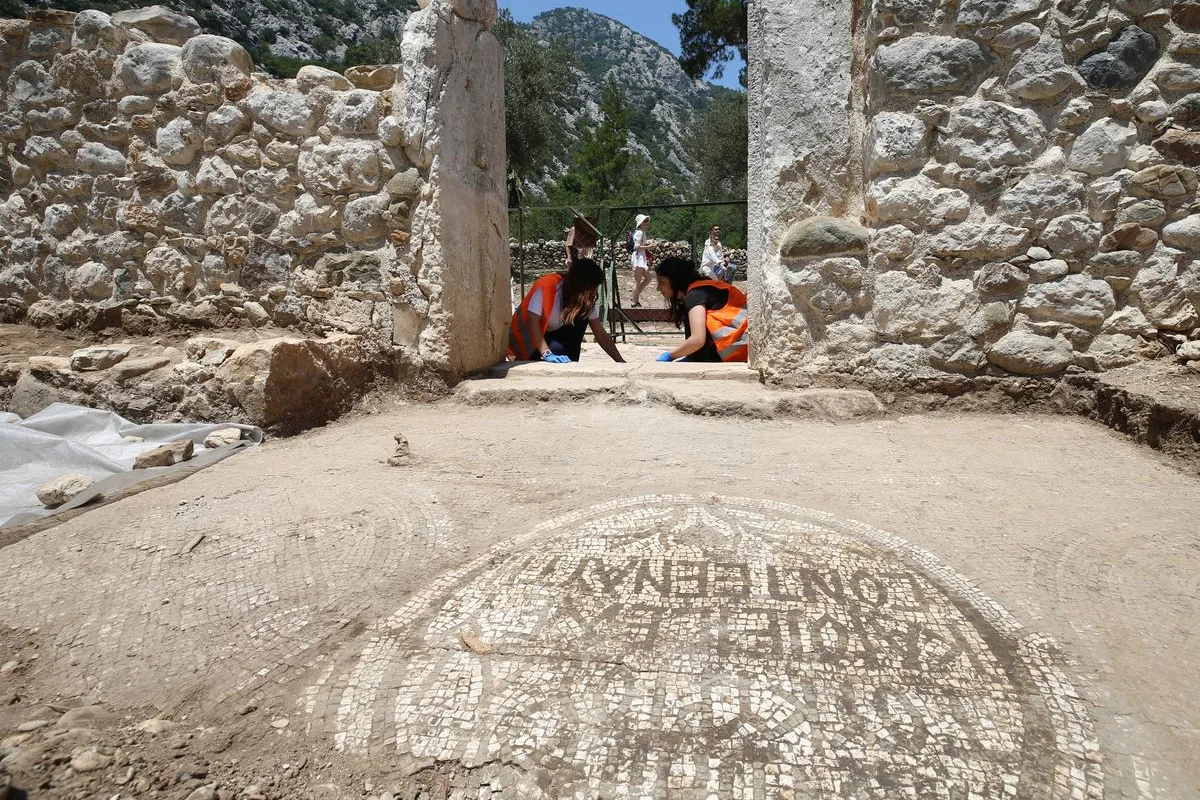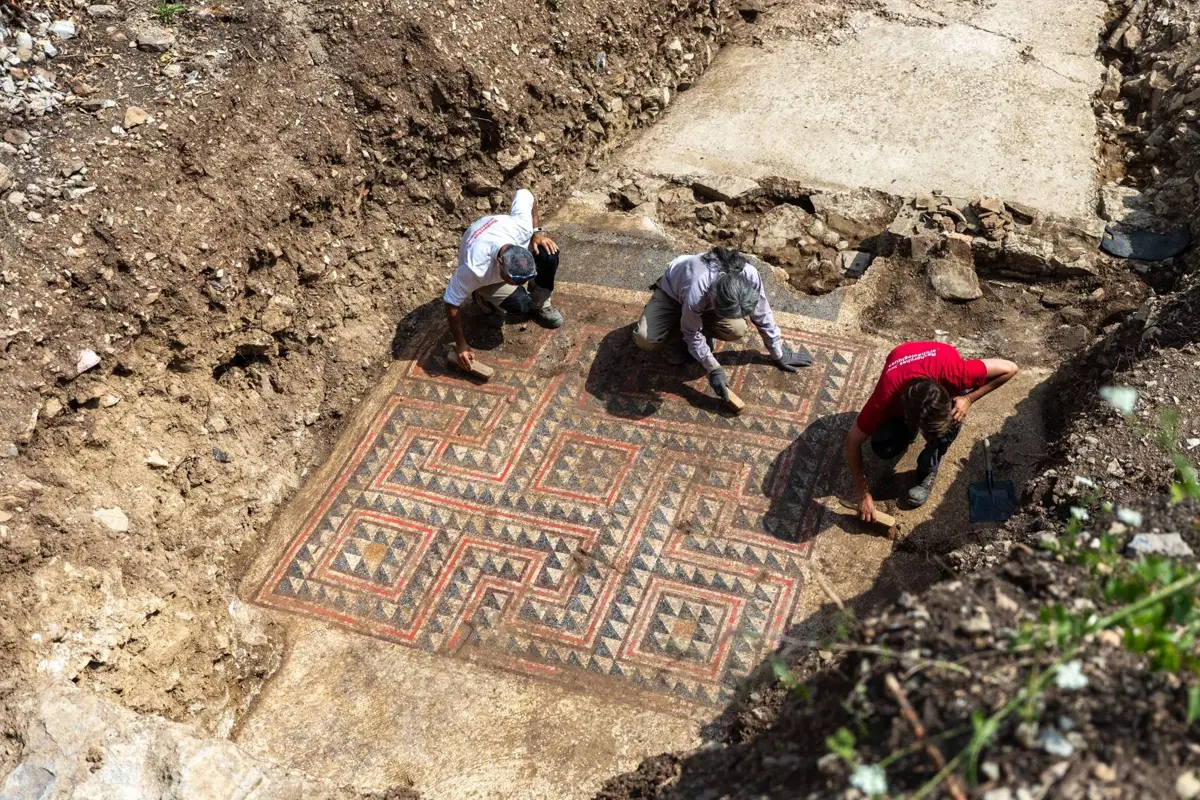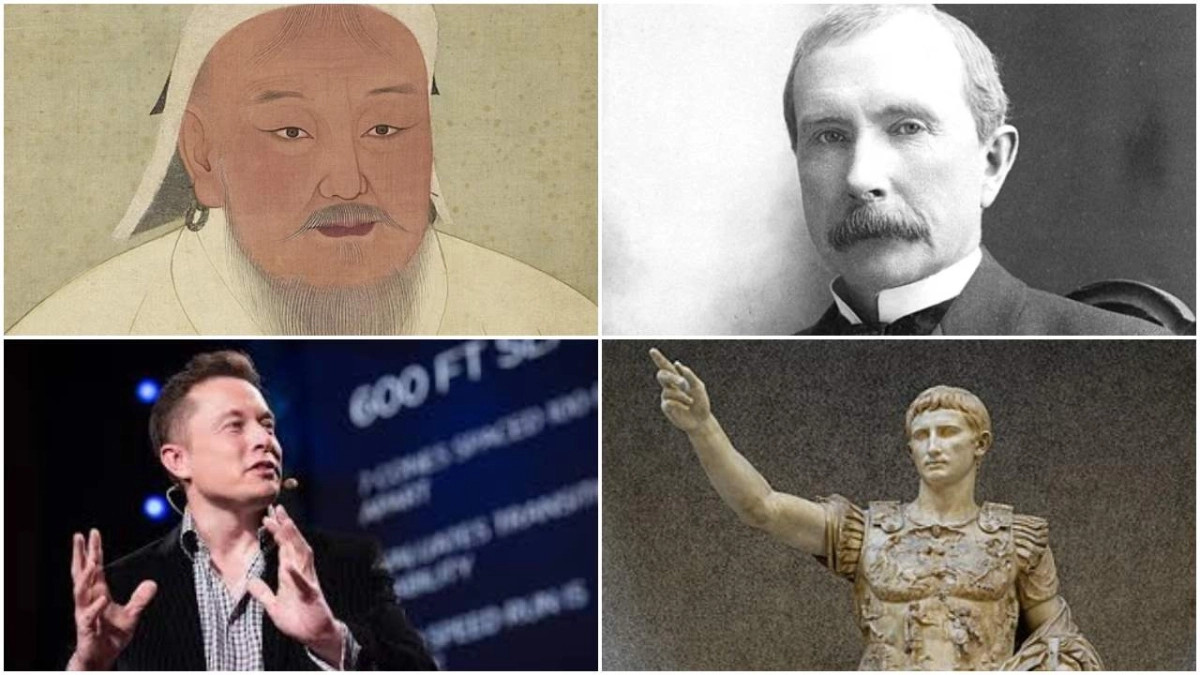There are 20 tons of dinosaur bones covered in sand in the south-central Sahara.
Sereno and his team uncover a sail-backed dinosaur called an ouranosaurus in Niger in 2018. (Matthew Irving)
Reptiles with wings exist. a being that resembles a dog with armor. There are eleven unidentified species, all of which have lengthy necks. According to scientists, they roamed the desert up to 200 million years ago, when it was still green.
A world-class display in Niger has long been envisioned thanks to one of Africa's largest fossil caches, a prehistoric cemetery. The unique find is at risk from sand dunes that are collapsing and looters. However, excavation must be postponed while the country deals with a second wave of the coronavirus in addition to growing Islamist insurgencies.
Boubé Adamou, an archaeologist at the Institute for Research in Human Sciences in the nation's capital, Niamey, who assisted in the discovery of the treasure, remarked, "This is our cultural identity." But saving the lives of the living comes first.
About twice the area of France and made up primarily of desert, Niger has long been known for its dinosaur wealth. Many bones can be seen poking through the sand. In order to access what scientists refer to as the continent's most diversified collection of extinct giants, paleontologists must endure a scorching trip through bandit country.
Foreign explorers have received the most of the credit for these remains throughout history. Even now, for both practical and aggravating reasons, the country's dinosaurs tend to migrate to Europe or North America. Richer nations provide temperature-controlled chambers to stop bones from breaking. Termites have infected Niger's premier museum.
Sereno brushes sand off a skull cap, part of a burial some 8,000 years old. The bones belonged to people who lived in the Sahara when it was green, he said. (Matthew Irving)
Before the pandemic, leaders were working to restore such cultural infrastructure. They desired a long-lasting location for their scattered findings.
Mahamadou Ouhoumoudou, the chief of staff to the president of Niger, stated that "we need to make it so that everything that has been taken from us can be returned."
Paul Sereno, a well-known University of Chicago paleontologist whose decades-long explorations in Niger have contributed nine species to the catalog of dinosaur species, collaborated with local experts.
Two new museums, one in the capital and one in the desert region of Agadez, were the result of a collaborative partnership. Sereno's discoveries, which are currently housed at his laboratory in Chicago, would be stored there, along with whatever the upcoming generation of explorers found in the soil of Niger.
Sereno observed, generally speaking, "The best place for priceless specimens in any country is on display. Everyone is aware of their location. They're well-known. They develop into treasures."
The land has already been designated by Niger. The NigerHeritage project is expected to cost tens of millions of dollars. Officials reported that international donors including the World Bank expressed interest.
Sereno's team found 20 tons of dinosaur bones in Niger's Agadez region over a series of trips in 2018 and 2019. (Matthew Irving)
However, when the epidemic broke out, planning came to a halt, and now 20 tons of bone are lying in the midst of the Sahara.
Unintentional discovery
The beginning of the dinosaur saga in Niger was another secret graveyard.
Early in the 1960s, French nuclear energy agency prospectors were searching for uranium in the Ténéré wilderness when they came across a massive, bluish-stone object.
French paleontologist Philippe Taquet quickly determined that they were the vertebral columns of a dinosaur.
He had never gone on a fossil expedition when he was 24 years old and fresh out of college. But he was dusting off a new species just a few days after joining the prospectors.
Taquet described the incident in his 1994 memoir, writing, "There is a place on this Earth where, simply by hopping out of your car, you risk suddenly finding yourself nose to nose with a dinosaur."
Although the French team had government approval to excavate, until the late 1980s there were no rules preventing foreigners from collecting dinosaurs from Niger. In the US, France, and Italy, some bones found their way into the hands of private collectors. Others wound up at London's British Museum.
The Ténéré fossils were sent back to Niamey by Taquet after he investigated them in France; they are still housed in wooden crates at the National Museum.
A member of Sereno's team cleans rock from a 60-foot dinosaur. (Matthew Irving)
The Frenchman's efforts gave Sereno's group a route to follow. To make fresh discoveries, scientists and armed escorts in Land Rovers heed local advice: For large teeth, go this route.
Over the course of a series of journeys covering around 1,000 km in 2018 and 2019, the researchers cataloged hundreds of bones in Agadez. They were led by a man riding a moped to a massive spinosaurus, also known as a "spine lizard."
"It's everything, everywhere in Niger," Sereno declared. In actuality, it's excessive.
The specimens' excavation took several months. They span all geological time periods, including mammals, humans, and dinosaurs. One Neolithic woman wore an ivory bracelet even now. Before being given names, the 11 new dinosaur species must first undergo peer assessment.
Each skeleton was given a temporary plaster covering by Sereno's team. To cover them, they brushed sand over the top. They hoped that anything sticking out would be mistaken for rocks by onlookers.
Paleontologists frequently rebury dig sites before coming back with moving trucks. But for at least a year, that process has been halted by the pandemic.
Niger has sent soldiers to guard the expanse from looters. Bandits are known to roam those parts, while extremist groups typically operate hundreds of miles south. Nomads are also keeping an eye on the dinosaurs, periodically texting Sereno with updates.
Locations of fossil discoveries
So far, no one has reported a theft or sand avalanche.
“I have my fingers crossed that the wind god is on my side,” Sereno said, “and things will look the same in a year.”
‘We can’t keep them like this’
One of the world's poorest nations must shoulder a significant burden in order to preserve dinosaurs. It became harder due to the pandemic. Leaders are juggling issues that are more urgent.
Extremist group attacks increased at this time. On January 2 2021, Islamic State fighters carried out the worst ambush in recent memory, murdering at least 100 people in two villages in the southwest.
The Armed Conflict Location & Event Data Project reports that during 2019 and 2020, the number of Nigeriens killed in such violence more than doubled. Al-Qaeda and the Islamic State affiliates have used a sense of despondency to expand their ranks throughout West Africa ever since extremists seized control of the neighboring country of Mali nearly ten years ago.
Sereno's team collects the surface fragments of a dinosaur. (Matthew Irving)
"We need education, services, and jobs that support young people," said Moulaye Hassane, director of the violent extremism program at the National Center for Strategic and Security Studies in Niamey. "In that sense, dinosaurs and tourism could be great for Niger."
At the National Museum in Niamey, resolve for that aim is present even though it is shaken.
Crates labeled "FRAGILE" contain pieces of Taquet's early discoveries that are on the tile floor. Brooms, some rope, and a toilet brush are placed nearby. Termite cracks can be seen in the walls.
Director of the museum Haladou Mamane said, "We can't keep them like way.
In the past, visitor traffic generated $370 on average per day. People posed with replicas of the long-necked jobaria and sail-backed suchomimus dinosaurs, which Sereno found in the 1990s.
The seasoned Sahara rover is aware of what is still undiscovered. He was traveling with Sereno when he went to the restroom and came across a 10,000-year-old human skull.
Old pals Mamane and Amadou discussed taking back their national heritage. There would be vaccines. Travel limitations would be loosened. They hoped that the coronavirus would decline.
Adamou remarked that dinosaurs were more valuable than uranium, oil, or anything like. They are welcome here.
Paleontologists in Agadez usually travel after dawn and near dusk with the help of a GPS device and local guides. (Matthew Irving)
The typical threats were manageable for him. Since 2008, when bandits raided his caravan, the researcher has never gone fossil hunting without a rifle.
Reasonable risk. A priceless reward.
The prospect of the dinosaurs from Niger being at last at home makes him grin.








